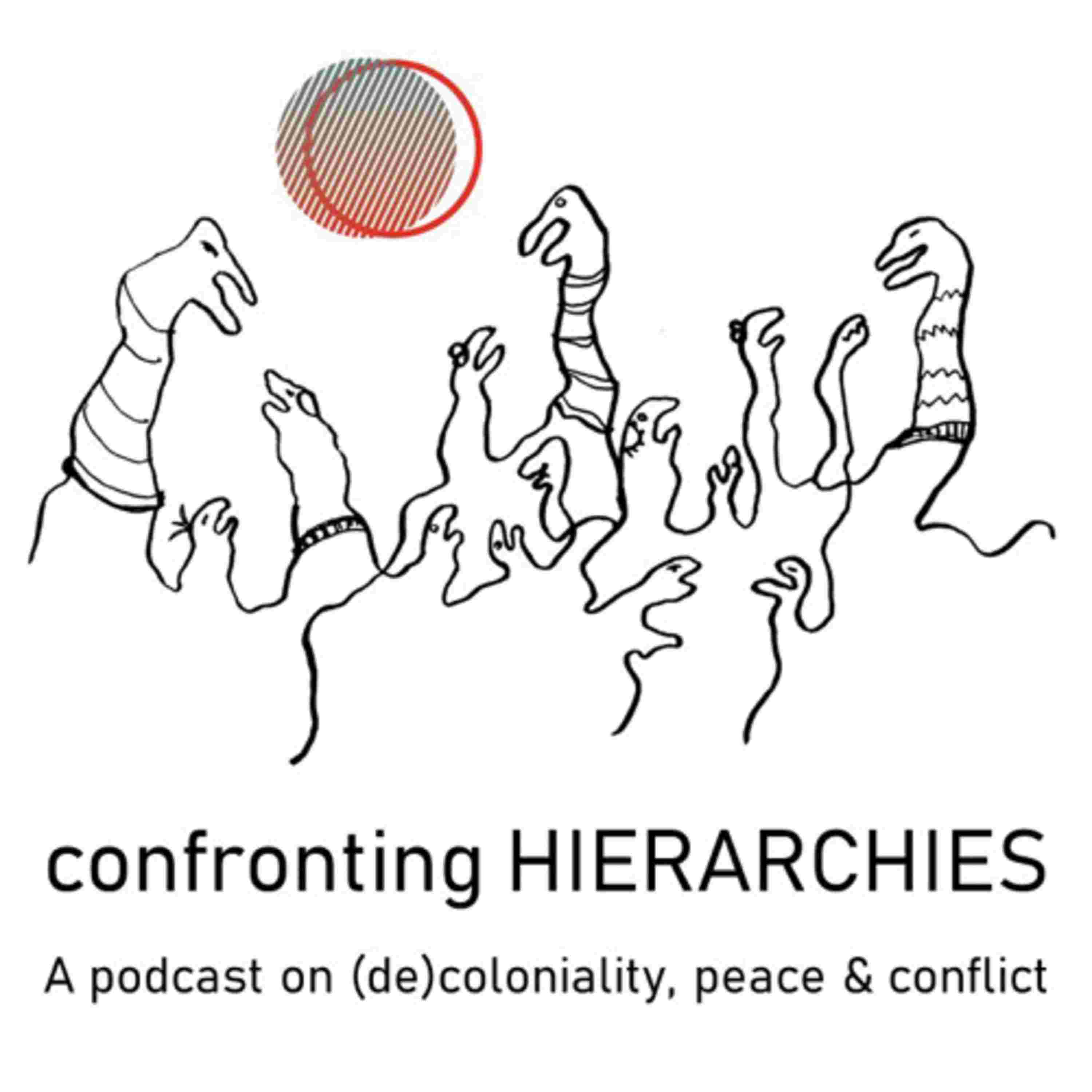

In Episode 3, we will explore what it means to challenge (post)colonial hierarchies in the classroom together with Amya Agarwal and Swati Parashar. The classroom is a space which can serve to promote critical thinking, a space that not only provides the possibility of reimagining the fundamentals of academic disciplines but that also allows for critical students and radical scholarship to emerge and thrive.
Bios:
Amya Agarwal is a lecturer of International Relations at the University of Sheffield, UK. Prior to moving to the UK, she was a senior researcher at the Arnold Bergstraesser Institute, Freiburg, Germany (2021–2023) and a postdoctoral fellow in Duisburg, Germany (2019–2021). She received her PhD from the Department of Political Science, University of Delhi, India in 2017. In the past, she has held teaching positions in the University of Delhi, South Asian University, University of Freiburg and University College Freiburg. Amya's research lies at the intersection of gender, conflict and security. In particular, she studies and writes about masculinities, motherhood, art and aesthetics in times of violence and resistance.
Swati Parashar is a Professor of Peace and Development at the School of Global Studies, Gothenburg University, Sweden. Her teaching and research have led to academic appointments and fellowships in India, Singapore, the UK, the US, Ireland, Australia, and Sweden. She has also taught at the University of Rwanda in Kigali and at the University of the West Indies in Kingston, Jamaica. Swati is a member of the Swedish Development Research Network and has served on the Scientific Advisory Board of SIDA. Her research interests include feminism, postcolonialism, research methodologies, gender-based violence, famines, and development in South Asia and East Africa. She has published numerous journal special issues, articles, policy papers, and popular media pieces. In 2025, she will be honored as the Distinguished Scholar of the Feminist Theory and Gender Studies Section at the ISA Convention in Chicago.
Further Information and readings:
bell hooks (1994): Teaching to transgress: education as the practice of freedom. New York and London. Routledge.
Jenny Edkins: “Global Politics” as basis of Professor Parashar’s seminar
Audre Lorde (1984): “Uses of the Erotic”
Audre Lorde and bell hooks as central Black feminist scholars
Swati Parashar (2016): “Feminism and Postcolonialism: (En)gendering Encounters”
Swati Parashar (2017): “Feminism Meets Postcolonialism: Rethinking Gender, State and Political Violence”
Conversation with J. Ann Tickner and Phillip Darby (2017) on “Feminism and Postcolonialism: The Twain Shall Meet”, edited by Swati Parashar; Video of the conversation
Katherine Mayo (1927): “Mother India” as an instrument of Indian control and policing bodies
Women Peace and Security Agenda (UN) promoting the idea of responsibility of Global North to save women. Adopted through Resolution 1325 by the UN Security Council in 2000.
1 in 5 Australian women face intimate partner violence: Australian Bureau of Statistics, Report on Personal Safety (2023)
Chandra Talpade Mohanty and L. H. M. "Lily" Ling as postcolonial feminists
Swati Parashar’s lecture on the coloniality and violence of famines in the Global South
Peace Adzo Medie: a feminist and postcolonial scholar who discussed the question of why the burden of decolonising academics lies with non-Whites